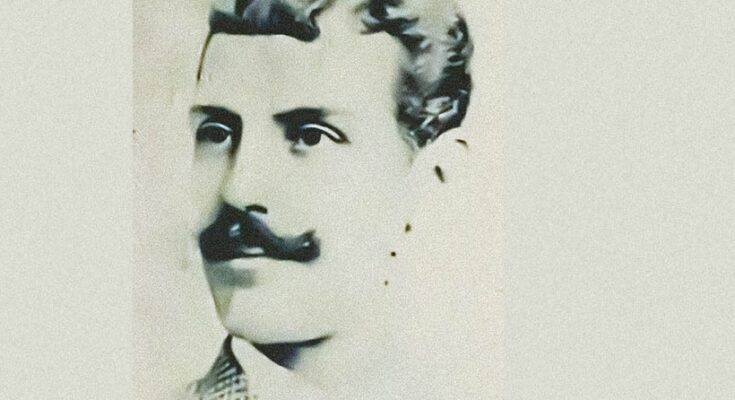September 2025.- On this day in 1853, Cuban baseball player and manager Emilio Sabourín del Villar was born. He was a singular example of a patriotic sportsman and an undisputed promoter of baseball in Cuba. He played as a left fielder for the Havana teams, which he later managed in the first official championships, winning them.
The son of French engineer Claudio Esteban Sabourín, a surveyor and businessman residing at Villegas 96, and Cuban Emilia del Villar, he was one of the young men who, in 1868, at the age of fifteen, founded the first baseball team in Cuba: Club Habana, which also included Nemesio and Ernesto Guilló, Esteban Bellán, and Ricardo Mora.
Sabourín proved to be one of the most valuable players in the Palmar de Junco game in 1874. His work as manager of the Habana club distinguishes him as one of the best managers of the entire 19th century in Cuba. During his six seasons in charge, he achieved three first-place finishes, one runner-up finish, and one third-place finish; in total, he accumulated 43 wins and 14 losses.
Emilio Sabourín y del Villar is considered the most notable example of a baseball player who put his sporting enthusiasm at the service of patriotism. His libertarian ideas were known and applied by the Cuban emigrants in Key West, where the children of cigar makers held games on Sundays to raise funds and buy weapons, supplies, and medicines for the Mambi troops fighting the Spanish forces in the Necessary War that began in 1895.
This patriotic athlete was arrested on December 15, 1895, and imprisoned in the dungeons of the San Carlos de la Cabaña fortress. From there, a year and a half later, he was deported to Castillo del Hacho in the African town of Ceuta, also a Spanish colony. He died there on July 5, 1897, at almost 44 years of age, devastated by tuberculosis.
One of his fellow inmates, Juan Gualberto Gómez, recounted his final days and stated that Sabourín: «was a man of healthy soul, of jovial character, inclined to the sweetness of life, but at the same time very capable of shouldering the most serious, healthy, and austere duties of existence; and above all, he left me with the conviction that he had loved these three things dearly, and almost equally: baseball, family, and country.»





